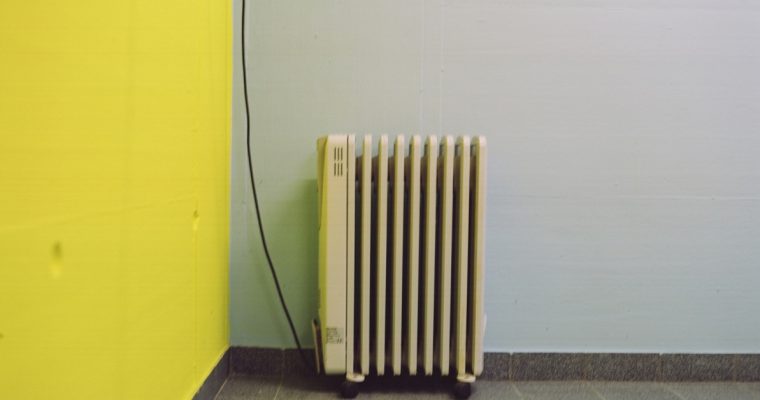
Public Interest Technologies consist of a range of technologies, tools, and practices that are designed and used to address societal challenges and advance the public good. By bringing concerns of epistemic injustice, instances where an individual or groups’ knowledge is dismissed or diminished due to social biases and prejudices, the project seeks to foreground epistemic injustice as a concern in the discourse on civic technologies.
Through qualitative research, including interviews, close reading of artifacts, and legal procedure analysis, we document the work of Heat Seek, a New York-based startup that assists tenants in documenting insufficient heating in their homes. Using smart temperature sensors, Heat Seek enables tenants to collect evidence and file formal complaints against landlords. We use these complaints to research the limits of the housing complaints and housing court in New York City and argue how these are epistemic situations where tenants lack credibility in the eyes of the other parties exacerbate the problem. Thus, technology assists the tenants in overcoming these ‘credibility deficits’, acting as a ‘credibility booster’.
Additionally, we investigate the implications of designing technology interventions for legally charged situations, showing how such technologies can become institutionalized thus posing risks of stratifying access to justice, or maybe even exacerbating the situation.In this manner, the research project seeks to shed light on how public interest technologies can address epistemic injustice.
Related Publications and Presentations
Mohsin Yousufi, Charlotte Alexander, and Nassim Parvin, “Epistemic Injustice in Technology and Policy Design: Lessons from New York City’s Heat Complaints System,” CHI 2023, Designing Technology and Policy Simultaneously: Towards A Research Agenda and New Practice.
Mohsin Yousufi, Charlotte Alexander, and Nassim Parvin, “Unreliable Tenants and Material Evidence: The Work of Credibility Boosters in Housing Courts,” 2023. Under Review.
